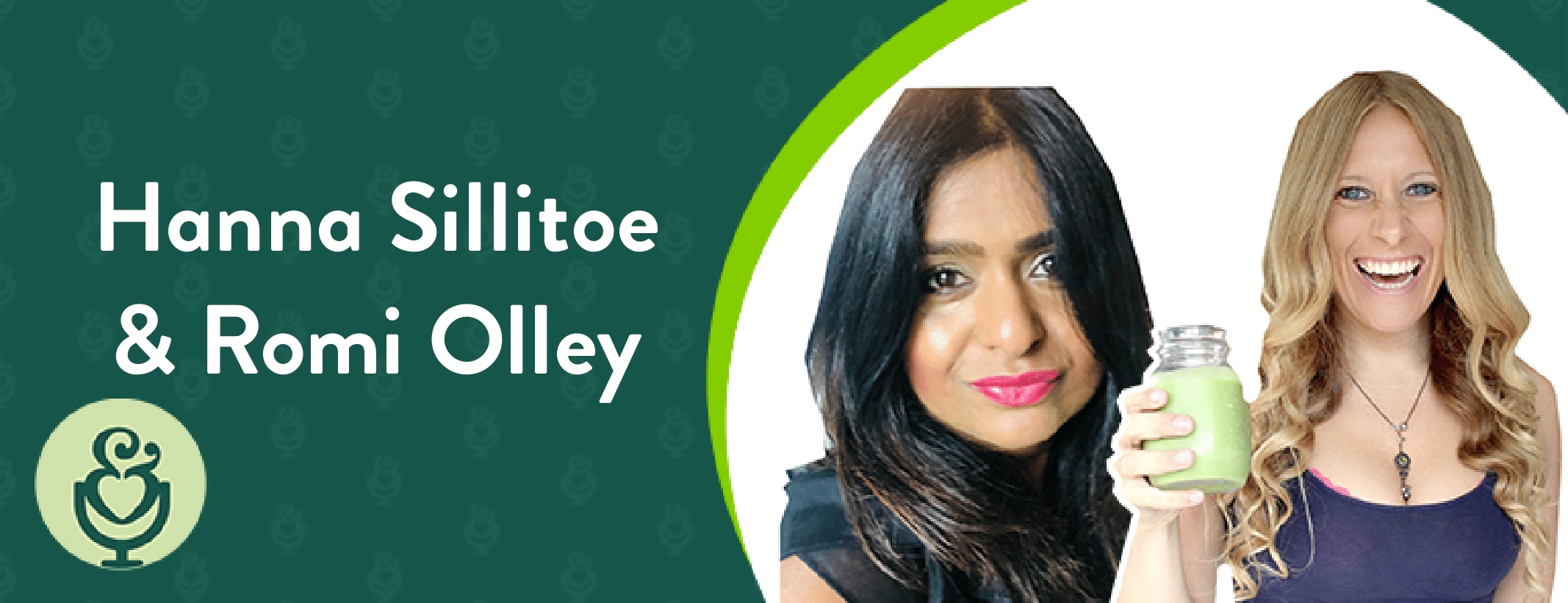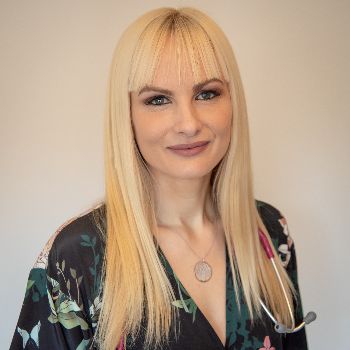S01 E04 | 41m | Addressing problem skin

What we're talking about in this episode
Trouble with problem skin? It's difficult to know how to address skin issues. This episode takes a look at:
- Potential causes such as diet, hormones, stress and medications.
- A new approach skin care.
- A clean skincare intervention.
With Guests:
- Hanna Sillitoe - A plant-based skin care expert and author of Radiant, Eat Your Way To Healthy Skin and Skin Healing Expert, Your 5 Pillar Plan For Calm, Clear Skin.
- Romi Olley - Chelmsford’s H&B beauty expert and qualified beauty therapist for 35 years, with a wealth of experience supporting customers with their skin concerns.
Addressing problem skin - Series 01 Episode 04 of The Wellness Edit
The expert guide to healthy skin
Hanna Sillitoe, author of Skin Healing Expert: Your 5 Pillar Plan for Calm, Clear Skin and Romi Olley, Holland & Barret’s beauty expert, reveal how to nourish your skin from the inside out.
It’s more than skin deep
“I got acne as a teenager,” says Hannah Sillitoe. “Then just before my GCSEs, my arms started erupting in little dots and I was diagnosed with psoriasis, a chronic autoimmune skin condition. Over the subsequent two decades I was on this cycle of steroids, emollients and coal tar shampoos, none of which cured it. My skin condition affected my social life, my career, what I ate, who I saw, where I went, what I wore – so many aspects of life. Going through such a battle means I can connect with my audience, in terms of the emotional aspect of living with a skin condition.”
Sort maskne (breakouts caused by masks)
“The most common thing I’m seeing now is ‘mask skin’” says Romi Olley “Both younger girls and the older generation are getting it. If you have drier skin, a pimple won’t be oil-based, so you have to think of skin in two halves. People may have very sensitive skin on the top half of their face, which needs a fairly rich cream, but that may not be true of the lower half. Masks are causing bacteria to get trapped, so you have to cleanse very well at the end of the day. Keep your skin clean using a gentle product, and then use an appropriate moisturiser.”
Be holistic
“If there’s something wrong on the inside, it shows on the outside,” says Sillitoe. “I’ve gone through phases where my diet’s been spot on, I’ve been exercising daily but stress has come in and I see those tell-tale little red dots appearing on my arms. Rather than masking it with the steroids or suppressing it with an immunosuppressant drug, I think how I can address the underlying cause. That could be taking a break from work, meditation, making sure I’m in bed at 10 o’clock every night. Of course what we’re putting on the skin is important, but exercise, diet, stress management and getting good sleep are fundamentals.”
Find the right exfoliator
“Exfoliating is really important, but we need to find the appropriate product,” says Olley. “That could be a scrub, a mask, or a muslin. Some people with an oilier skin think they need to exfoliate more often, but it can encourage more oil. Conversely, people with very dry skin think they shouldn’t do it at all, but something like a muslin, or using natural ingredients like oatmeal to make a homemade product that gently gets rid of dead skin, will mean anything you apply afterwards soaks in better.”
Adapt your diet
“A plant-based diet full of leafy greens is fantastic,” says Sillitoe. “Just including two litres of water every day is going to be huge, if you’re used to drinking sugary fizzy pop. Switching from caffeine to herbal teas is simple but can have amazing benefits. For someone who doesn’t like the taste of broccoli, spinach or kale, incorporating a green juice can be really effective. Flaxseeds, nuts and chia seeds are really important for lots of healthy oils and omegas, as well as avocado, leafy greens, and a balance of healthy veg. Those are the underlying integrals.”
Pick the right products
“I got into a cycle of using really heavy, thick, greasy emollients that trapped the moisture in my skin but weren’t allowing it to breathe, or to produce its own oils,” says Sillitoe. “Cleanse and moisturise with products that don’t contain harsh chemicals, avoid SLS and parabens, and opt for natural products that fit with your ethos. For me, cruelty free and vegan is important, and rather than harsh bath foams, use a handful of dead sea salts and some natural almond or apricot seed oil, and your skin will feel nourished and hydrated. Make that part of your daily routine.”
Want to learn more? Listen to more episodes The Wellness Edit podcast here.







